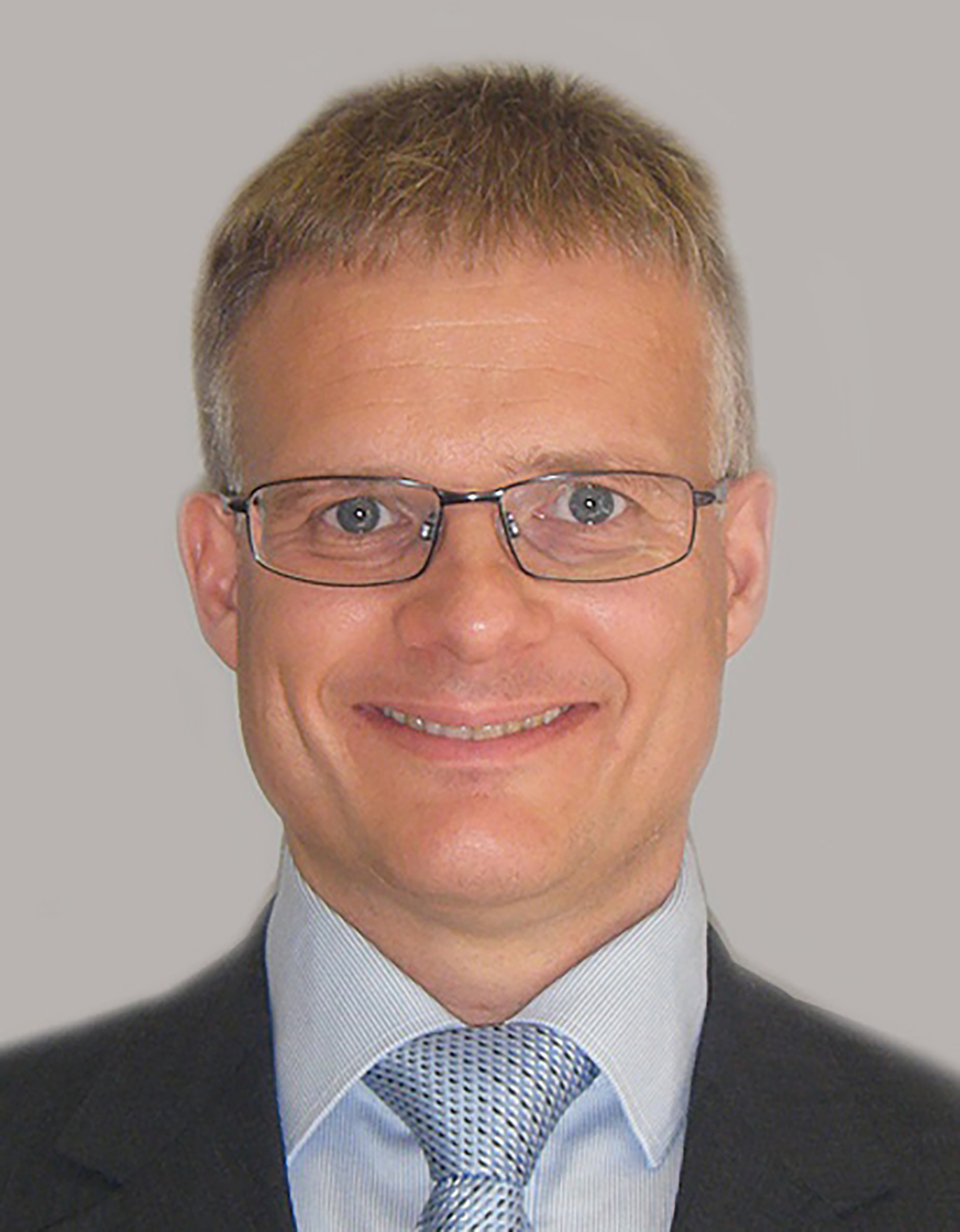Staff Members
Home »
Distinguished visiting Professor
Name: Miklas Scholz
Department of Civil Engineering Science Complementary Staff, FEBE Professors Staff Members
Contact Details:
Email: mscholz@uj.ac.za
About Prof Miklas Scholz
Academic Profile:
Distinguished Professor in Civil Engineering Science, Department of Civil Engineering Science, School of Civil Engineering and the Built Environment, University of Johannesburg. Professor in Civil Engineering, Chair in Civil Engineering and Head of the Civil Engineering Research Group, School of Science, Engineering and Environment, College of Science and Technology, The University of Salford. Senior Researcher, Department of Town Planning, Engineering Networks and Systems, South Ural State University (National Research University).
Qualification(s):
DSc (UoS), Dr (Bham), Cand Ing, BEng (equiv), PgC, MSc, PhD, DSc, CWEM, CEnv, CSci, CEng, FHEA, FIEMA, FCIWEM, FICE, Fellow of IWA, Fellow of the International Engineering and Technology Institute, VINNOVA Fellow, Marie Curie Senior Fellow, Humboldt Fellow, Fellow of IETI.
Research Interests:
Civil engineering; environmental engineering; agricultural engineering; environmental science; water resources engineering; agricultural water management; pollution control; wastewater treatment; decision support systems; treatment wetlands; integrated constructed wetlands; hydrology; storm water management; sustainable flood retention basins; sustainable drainage systems; permeable pavement systems; ponds; capillary suction time.
Biography:
Prof. Miklas Scholz, cand ing, BEng (equiv), PgC, MSc, PhD, DSc, CWEM, CEnv, CSci, CEng, FHEA, FIEMA, FCIWEM, FICE, Fellow of IWA, Fellow of IETI, has published four books and 300 journal articles. Prof. Scholz has total citations of about 10700 (above 6200 citations since 2017), resulting in an h-index of 51 and an i10-Index of 195. A bibliometric analysis of all constructed wetland-related publications and corresponding authors with a minimum number of 20 publications and 100 citations indicates that Miklas is on place 5 in the world of about 70 authors (including those who have sadly passed away). In 2019, Prof. Scholz was awarded EURO 7M for the EU H2020 REA project Water Retention and Nutrient Recycling in Soils and Streams for Improved Agricultural Production (WATERAGRI). He received EURO 1.52M for the JPI Water 2018 project Research-based Assessment of Integrated approaches to Nature-based SOLUTIONS (RAINSOLUTIONS).
Prof. Scholz’s sustainable flood retention basin (SFRB) concept assesses the multi-functionality of large water bodies with emphasis in flood and diffuse pollution control potential. A novel and unbiased classification system allows all stakeholders to clearly define the purpose of a water body that can be classed as an SFRB. Communication among stakeholders regarding the most appropriate management of SFRB is greatly enhanced. Moreover, the SFRB concept addresses the need to assess the flood control potential of all European water bodies as part of new legislation. It is noteworthy to mention that many results from Prof. Scholz’s research activities have contributed to the national and international guidelines on wetland and sustainable drainage systems. Prof. Scholz’s greatest impact in the wetland guidelines was performed in the area of ICW, in Ireland, Northern Ireland, Scotland, and England, where he contributed to the design of the guidelines for wetland systems, as a research consultant.
These guidelines are meant to assist managers regarding all aspects of ICW planning, design, construction, maintenance, and management. Moreover, some ICW guidelines were specifically written for aiding the farmers from Scotland, Northern Ireland, and Ireland to face farmyard runoffs. These guidelines are specifically mentioned in the National legislation. Additionally, Prof. Scholz’s work on the guidelines has favoured the international acceptance of both SFRB and ICW concepts as well as the researched hybrid SuDS. For instance, his work has particularly benefited the British Isles, as well as Central and Northern Europe and ICW are currently being constructed in Belgium, Germany, the United States of America, and China. As the world population rises and faces increasing water scarcity challenges, traditional solutions are no longer an option for addressing the water demand. This simple rationale led Prof. Scholz to consider the use of non-conventional water resources to match the clean fresh water growing demand. For instance, wastewater is often seen as an appropriate alternative for overcoming potential future shortages in water supply. However, environmental and public health problems are expected in the future, due to an insufficient provision of sanitation and wastewater disposal facilities. For that reason, wastewater treatment and recycling methods have been identified by Prof. Scholz and his group as fundamental for providing sufficient fresh water in the coming decades. Indeed water resources are limited mostly because more than 70% of water is consumed for irrigation purposes, while wastewater is freely available.
